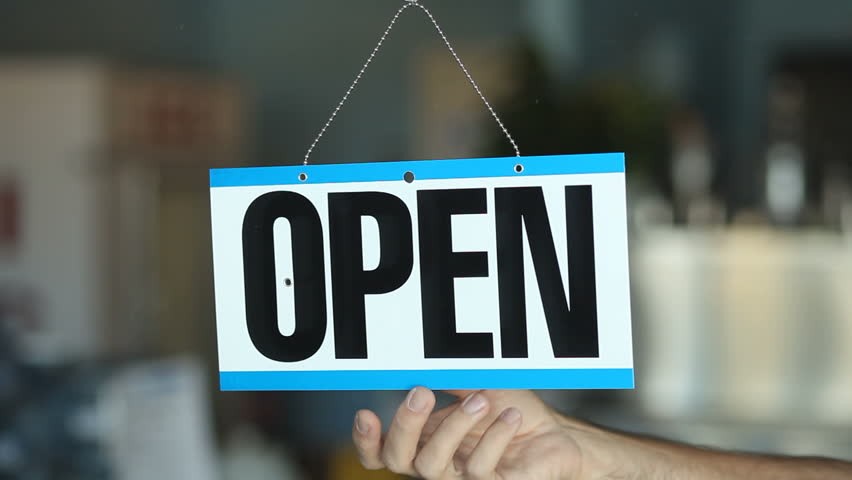
It’s hard to believe that it’s only a few months (March 2020) since we started to really feel the impact of Covid19 here in Australia. On March 18, the Prime Minister announced that there would be a limit of 100 people at non-essential indoor gatherings and no more than 500 people at outdoor gathering. Within days that changed, to the tighter restrictions we’ve been living with for most of the last 4 months.
Restrictions have been easing here in Australia and, as long as there’s no significant second-wave of infections, should continue to do so. The recent experience in Victoria though, is a sobering warning of what could happen if an outbreak spreads. Given all does goes well from here though, what will the ‘new normal’ look like for small, local businesses?
Firstly, by ‘local’ I mean businesses who generally rely on their local community for their customer base. Customers who live within a kilometre or two are their main source of business. And by ‘small’, I’m using the Fair Work Act definition – less than 15 employees. (Many, of course, will have only a handful of employees – less than 10 average).
Recently, I have posted a series of videos on LinkedIn and Facebook about the importance of Knowing Your Customer and, as a result, provide excellent Customer service. Even the most loyal customer may not have spent one cent with your business in the past few months, for a variety of reasons, including:
· You weren’t open for business
· They’re gone! If they were an overseas student, for example, they’ve left the country.
· Their jobs – and their income – are gone, so they have no money to spend.
· Your business was open, but with a limited offering. Cafes, for example, could only service take-away until a week or two ago.
· Customer habits have been broken. The customer traveling to/from work, who purchased their daily newspaper, morning coffee or their fresh food/groceries on the way home from work hasn’t been going to work for many weeks. In this time, they’ve shopped elsewhere and may continue to do so.
So, what is going to bring those customers – at least the ones who are still around – back to your business.
In our local community, we’ve seen and, when speaking with local businesses, have heard of some interesting and positive stories. Now that they are open and at full trading capacity, some businesses have gained new customers. A local mechanic and tyre centre was flat-out busy recently, with many new customers, simply because they have been ‘discovered’ by local residents who would normally have had their vehicle repaired nearer to work than to home.
Here are some thoughts for your business for the next few months:
- If you had a marketing plan in place for your business, it’s gone now. Start from scratch. You should also be reviewing your overall Business Plan.
- Loyalty programs are great for keeping customers coming back, but they’re only as good as the level of service and the customer experience your business provides.
- Noticed some new faces behind the counter at your local café, restaurant, pub or club? It’s probably because some staff won’t be coming back. Students, as I noted above, will have returned home
- Staff who were stood-down from businesses who couldn’t provide the Jobkeeper payments have had to find other work and won’t be there to look after returning customers
- People have moved away to be near to support from families – or to provide support if needed.
- The shift to online shopping won’t just impact big retailers. Many smaller local businesses have had to adapt to allowing food delivery services that they would have otherwise shunned to become part of their business model now.
- Some businesses will need staff – often in a hurry. The job market is going to be flooded with applicants who have seen their employer close-up shop, never to reopen after Covid19 or who have had had to scale down and make roles redundant.
Finally, don’t underestimate the impact that remote working has had on the business world. Staff who have enjoyed the experience will want more of the same and may leave the employer for one who can provide a work-from-home option. Likewise, staff who hated it might leave if their employer insists on some element of remote work as part of their ‘new normal’.
Business and HR consultants, accountants and others have been working with businesses across a range of industries throughout the Covid19 shutdown. They have experiences and advice they can share and can assist your business to prosper at this difficult time.
If you would like to discuss your options, brainstorm your new business plan or just to have a chat about what other businesses are doing, get in touch via our Contact Us form or by phone and we’ll be pleased to assist.

Social